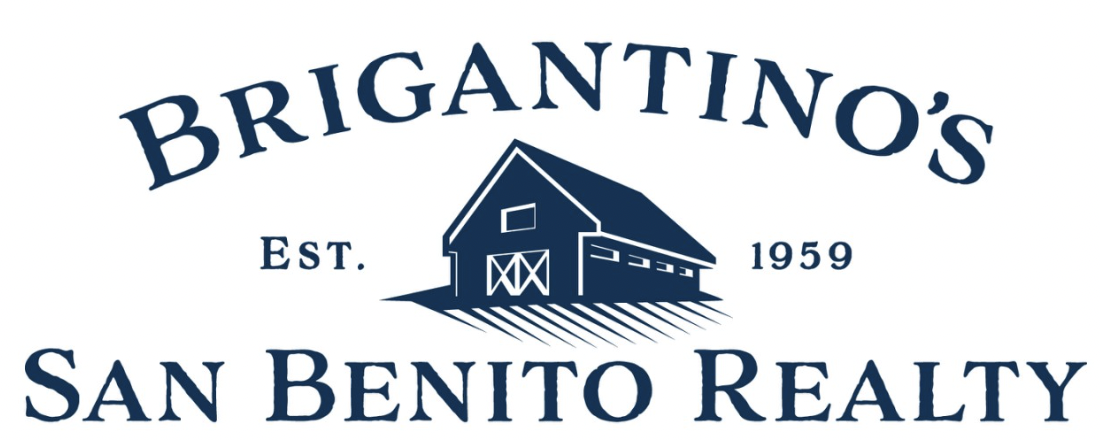One of the very first things that most people think of when considering buying a family home – or really any real estate – is mortgage rates.
Nobody wants to be paying more than necessary for a home, or anything for that matter!
That’s why shopping around for the best mortgage rates is definitely a good move when you’re looking to lock down a rate that works for you.
So how much does your credit score actually affect your ability to get the best mortgage rates?
>>> DOWNLOAD THE PDF TRANSCRIPT
Let’s find out!

Today’s 5 Best Mortgage Rates
How do mortgage rates and your credit score coincide and what other factors can affect your interest rate?
Nerd Wallet breaks it down beautifully for us:
“The mortgage rate a lender offers you is determined by a mix of factors that are specific to you and larger forces that are beyond your control.
Lenders will have a base rate that takes the big stuff into account and gives them some profit. They adjust that base rate up or down for individual borrowers depending on perceived risk. If you seem like a safe bet to a lender, you’re more likely to be offered a lower interest rate.”
Nerd Wallet goes on to talk about some of the factors that you CAN change (like your credit score, down payment, loan type, and how you’re using your home) as well as factors you can’t change — like the economy.
So if you’ve been putting off focusing on or improving your credit score because it “couldn’t have that much of an impact” on getting a good mortgage rate?
Well now that you know that it does heavily affect your chances of getting the best mortgage rates – let’s talk about a few things that can positively or negatively affect your credit and therefore your future mortgage rates.
The main 4 factors that impact your credit are:
- Payment History
Your payment history defines how consistently you’ve made your payments on time. This is the most important contributor to your credit score.
- Amounts You Owe
The amount you owe is the outstanding debt you currently owe. The lower the amount of outstanding debt, the higher the credit score.
- Length of Your Credit History
Your credit history is based on the length of time you’ve had credit accounts open in your name. A longer credit history can help your credit score. If you’ve had a credit card open for a long time, it makes good sense to continue using that card responsibly to maintain a good score.
- New Credit You Apply For
Every time you apply for credit, your score goes down. There is one exception: when you’re shopping for a mortgage, student or auto loan, credit scoring models only count one inquiry if your comparison shopping with multiple lenders is done within a 14- to 45-day period.
Mortgage Based On Credit Score
What we know now is as of Tuesday, July 5, 2022, current rates in California are 5.58% for a 30-year fixed, 4.81% for a 15-year fixed, and 3.81% for a 5/1 adjustable-rate mortgage.
bankrate.com keeps us up to date with the latest numbers.
Once you find a lender you want to work with and feel you’ve found have the best mortgage rates available, we’re here to make the rest of your experience as smooth as possible
Here at San Benito Reality we believe that your dream location is closer than you think.
Whether that be residential, land or industrial – we’ll help you find what you’re looking for!

